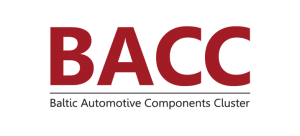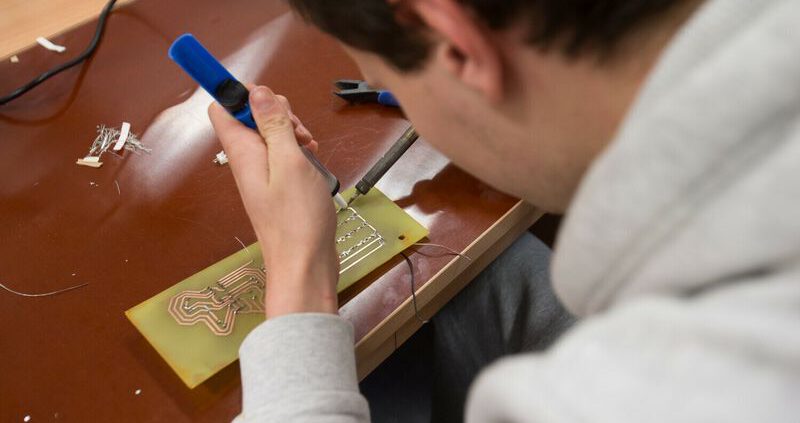Representatives of companies in the automotive industry in Lithuania say that at least for now, there are very few domestic suppliers able to serve them, and this prevents the sector from being more competitive.
According to Giedrius Valuckas, Chairman of the Board of the Baltic Automotive Components Cluster (BACC), the ecosystem of the automotive sector in Lithuania remains incomplete, so a majority of contractors and suppliers have to be hired abroad.
“To ensure further development, we have to solve the problem of the shortage of suppliers. In countries where the automotive industry has been developed for decades, such as Germany and Romania, the automobile industry now has a strong ecosystem surrounding it, where there is a reliable supplier for every part or service. We especially lack suppliers and servicers who can install and maintain production lines, as well as companies providing automation and robotic integration solutions, including the equipment itself and services for its maintenance and programming,” says Valuckas.
The automotive industry is strictly regulated, so manufacturers as well as suppliers have to meet specialised requirements. Rytis Bortkevičius, Maintenance Department Manager at CIE LT Forge, a maker of forged and machined parts for the automotive industry, says that due to the shortage of local suppliers and service providers, the company has decided not to proceed with some projects. The company sees the greatest shortage of suppliers in the areas of machining and cooling equipment servicing.
Additional logistical burden
Lithuanian companies in the automotive industry mostly cooperate with suppliers in Germany, Romania, Hungary and China.
“It’s only natural that most suppliers are from countries where the automobile sector is very strong and has been operating for many years. But at the same time, we see that Romania and Hungary can offer more competitive finished-product prices because the supplier ecosystem in those countries is more developed, so the supply chain is shorter and more efficient,” says Valuckas.
Aidas Andziulis, Head of Purchasing at Continental in Lithuania, agrees. According to Andziulis, costs significantly increase due to the additional logistical burden.
“If we have to order a service from a provider in Germany, while the Romanians can use a local provider, then our product automatically becomes 30–40% more expensive,” says Andziulis.
In Lithuania, suppliers simply lack experience working with the automotive industry.
“Companies often don’t even imagine that they could move their business in this direction, to offer services to companies in the automotive industry. The entire automotive ecosystem has to grow – only then will we have sustainable growth as a sector,” says Shayan Ali, Managing Director of Continental in Lithuania.
Maxim Zakletski, Managing Director of Hella Lithuania, holds a similar opinion.
According to him, there are suppliers in Lithuania, but so far they still are not at a level where they could supply components to automotive manufacturing companies.
“The automotive industry has set the bar for quality assurance very high indeed, and Lithuanian producers still need to reach a bit higher. Hella Lithuania as well as the other members of BACC are prepared to help companies meet the requirements. I think that for Lithuanian companies, that would be very helpful, and the benefits would be mutual,” says Zakletski.
About 15,000 employees work in Lithuania’s automotive industry companies, and the total annual turnover of the sector in 2021 amounted to €875 million.



